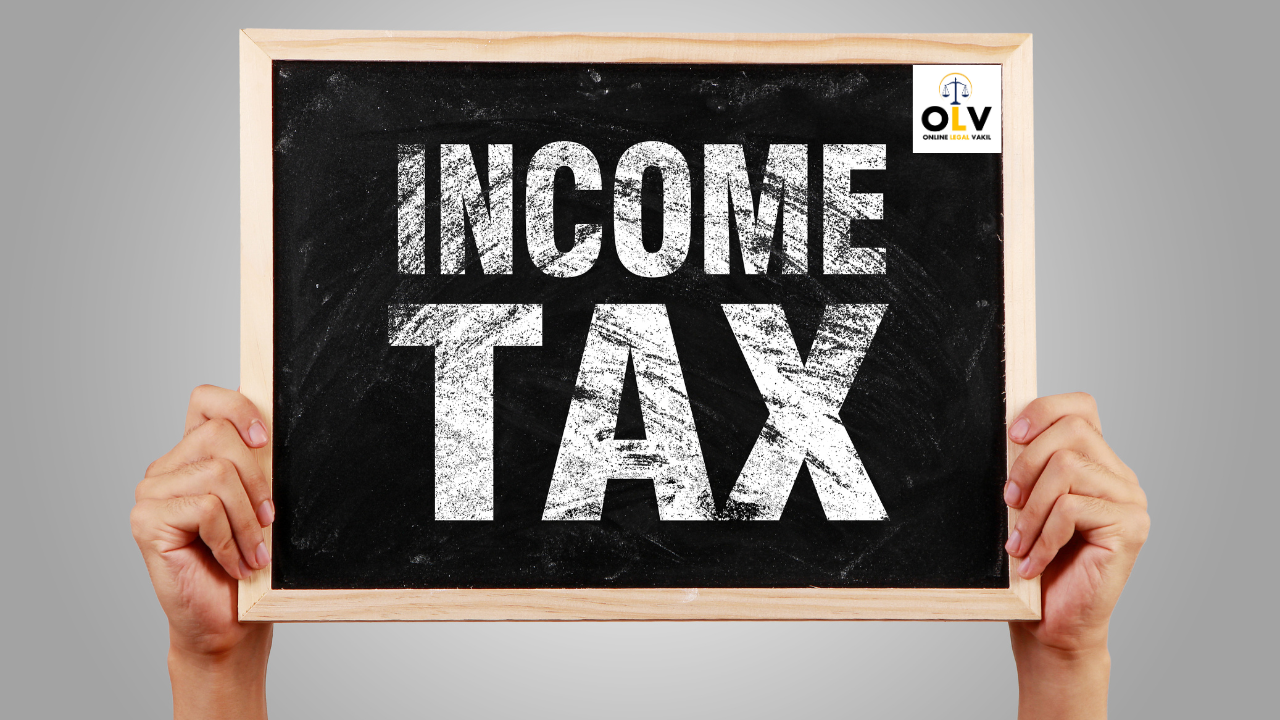Receiving an Income Tax Notice under Section 142(1) can be a frightening experience, especially if you’re unaware of its implications. However, understanding this notice is crucial for any taxpayer. This article explains all that you need to know about Section 142 (1).

What is Section 142(1)?
Section 142(1) of the Income Tax Act of 1961 permits the Income tax authorities to issue a notice when additional information or details are required, particularly when a tax return has been filed or has not been filed, to compel the taxpayer to provide the necessary information in the prescribed format.
When Might You Receive a Notice Under Section 142(1)?
You may receive a notice under Section 142(1) in the following scenarios:
- Return Filing: If you have yet to submit your income tax return by the deadline, the tax authorities may send you this notice asking you to do so. This notice is a reminder and a prompt for you to fulfill your legal obligation.
- Extra information Required: Even if you have submitted your return, the assessing officer may need extra information or documentation to clarify some items. The notification may request particular information regarding income, deductions, or other financial transactions.
- Verification of Particulars: In some situations, the notice is given to ensure the accuracy of the information submitted in the return. This is especially typical when the information you submitted does not match the data kept by the Income Tax Department. In such a situation, you may receive this notice.
What Should You Do If You Receive a Notification?
A notice under Section 142(1) does not constitute an accusation of misconduct. This is an official request for information. This is how you should answer:
- Read the notice carefully: Understand what’s being asked. The notice will specify the documents or information necessary to submit. Do not forget to note the deadline carefully.
- Gather the required documents: Collect the needed documents, such as bank statements, proof of income, investment details, and so on. It would help if you were very careful while submitting the documents.
- File your response quickly: It is critical to respond within the time range specified in the notice. Delayed responses can result in penalties or additional legal action.
- Seek specialist assistance: If you need help with how to reply or if the notification is complicated, it’s best to visit a tax specialist who can walk you through the steps.

Consequences of Ignoring The Notice:
Ignoring a notice under Section 142(1) can result in serious repercussions.
- Section 271(1)(b) allows for the imposition of a Rs 10,000 penalty on the taxpayer.
- The taxpayer’s case may be subject to a “Best Judgment Assessment” under Section 144. This requires the Assessing Officer to make an assessment based on their best judgment and all relevant information at their disposal.
- A legal prosecution under Section 276D could be initiated, with the possibility of a one-year prison sentence with or without a fine.
- A search warrant under Section 132 may be issued to undertake a search of the taxpayer’s premises.
A notice under Section 142(1) is a necessary component of the tax assessment process. While it may appear challenging, treating it with care and urgency guarantees that you remain in compliance with the law. Remember, this notification is not an accusation but rather a request for information. You may efficiently manage the situation and minimize potential legal complications by remaining proactive, acquiring the appropriate paperwork, and seeking professional assistance as needed.
Staying educated and responsive is essential for addressing tax-related concerns successfully. If you receive a notice under Section 142(1), take it seriously, but do not panic. With the appropriate technique, you may respond to the notice and confidently satisfy your tax obligations.